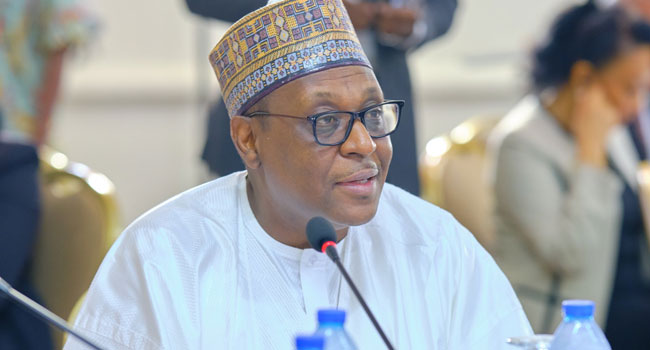The Federal Ministry of Health has launched an initiative to provide free cesarean sections for poor and vulnerable women across the country.
The initiative tagged Maternal Mortality Reduction Innovation Initiative (MAMII) was launched during the Joint Annual Health Review ( JAR) organised by the ministry in Abuja.
The Coordinating Minister of Health and Social Welfare, Prof. Muhammad Ali Pate, described the initiative as an ambitious commitment to reducing maternal and newborn mortality across Nigeria.
According to him, A pivotal feature of the initiative is that it covers services provided through both public and private facilities empanelled by the National Health Insurance Authority ( NHIA).
READ ALSO: FG Working To Minimise Fake Condoms, Others, Says Health Minister
The minister said maternal mortality remains unacceptably high, with 172 local governments contributing to over 50% of maternal deaths.
He believes that by focusing resources on these high-burden areas, MAMII will address the greatest areas of need, adding that the NHIA, in collaboration with the National Primary Health Care Development Agency, and State Health Insurance Agencies (SHIAs), will manage the reimbursement process, ensuring that providers across both sectors can deliver these essential services sustainably.
Prof. Pate also said community health workers play a crucial role in this mission, in line with President Bols Tinubu’s initiative to onboard 120,000 additional health workers to support primary care across Nigeria.





